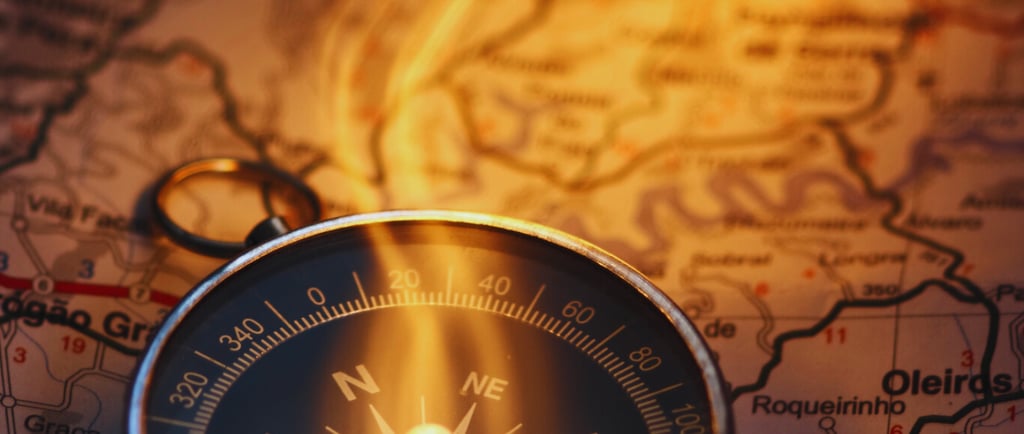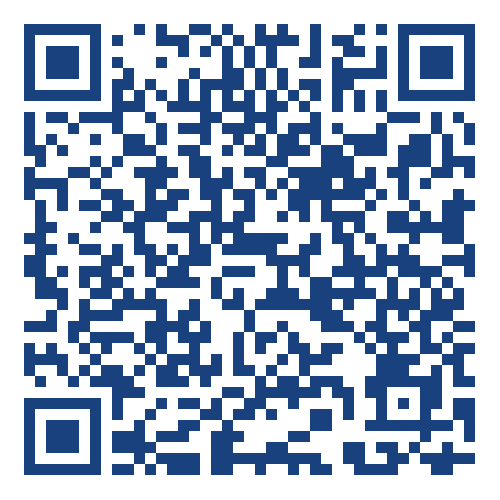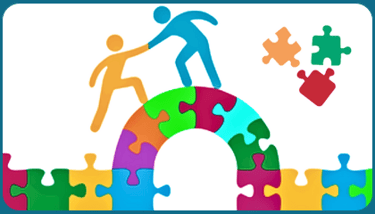It Is Not an Idea, It Is a Roadmap: Navigating Towards a More Human Future
Pack your bags and join the road trip!
PERSPECTIVEROADTRIPHUMANITY
Mark Boatwright-Frost
10/23/20245 min read


Introduction to the Roadmap Concept
The concept of a roadmap serves as a powerful metaphor for guiding individuals and communities toward a more human-centric future. It transcends mere philosophical musings, embodying a practical framework aimed at addressing the multifaceted challenges we encounter in today's society. As we strive to create environments that prioritize human well-being, a clearly defined roadmap can enhance our understanding of where we stand, where we wish to go, and the steps necessary to navigate this journey effectively.
Central to this roadmap is the recognition that actionable steps are not only beneficial but essential. These steps encourage a proactive approach to problem-solving, emphasizing the importance of collaboration among various stakeholders, including community members, organizations, and governmental bodies. By fostering collective engagement, we can leverage diverse skills and perspectives to craft solutions that resonate with the needs of people on multiple levels, whether in terms of social justice, environmental sustainability, or economic improvement.
Moreover, the roadmap concept underscores the necessity for clarity and direction in our endeavors. Just as travelers consult maps to navigate unfamiliar territory, societies require established frameworks that outline strategic approaches to human-centric development. This includes addressing significant issues such as inequality and access to resources, thereby paving the way for a more inclusive and equitable future. The roadmap facilitates a structured dialogue, urging us to identify priorities and allocate resources wisely while ensuring that human experiences remain at the forefront of our initiatives.
In essence, the roadmap acts as a guide for individuals and communities alike, fostering a shared vision of a future that is not just desirable but attainable. Through community collaboration and sustained engagement, we can transform this roadmap from a theoretical notion into a practical guide that empowers us to face the challenges of our time head-on.
Mapping the Journey: Lessons Learned Along the Way
The journey towards a more human future is not merely a conceptual aspiration, but a detailed roadmap replete with experiences and lessons that are pivotal in shaping our collective trajectory. As we navigate through the complexities of social, technological, and environmental landscapes, it becomes imperative to reflect on the critical moments that have influenced this ongoing endeavor.
One of the foremost lessons learned along this journey is the importance of collaboration. Engaging diverse stakeholders has proven to be vital, as a multitude of perspectives enriches the discourse and leads to innovative solutions. Whether it’s partnering with local communities, industry leaders, or academic institutions, the varied insights gleaned from these collaborations have underscored the necessity of inclusive dialogue in crafting policies that resonate with human values.
Another key takeaway relates to adaptability. The roadmap to a more human future is fraught with uncertainties and changes. Key decisions made at critical junctures illustrate the need for flexibility. For instance, in the early phases of the journey, unexpected challenges prompted a pivot in strategy and reinforced the idea that resilience and adaptation are paramount when striving for progress. This lesson emphasizes that a static approach can hinder development, while an adaptive mindset fosters growth and allows for timely adjustments to the evolving landscape.
Furthermore, the integration of technology serves as both a boon and a potential challenge. While technological advancements offer unprecedented capabilities to enhance human experience, they also raise ethical questions that need careful consideration. The lessons learned advocate for a balanced approach—leveraging technology’s benefits while remaining vigilant about its implications on human rights and social equity.
In essence, the insights gained thus far are not just historical reflections; they are actionable lessons that provide critical waypoints for current and future endeavors. These lessons encourage a commitment to collaboration, adaptability, and ethical considerations as fundamental components of our roadmap towards a more human-centric future.
Collaborative Action: The Importance of Community Engagement
In an increasingly complex world, the importance of community engagement cannot be overstated. Addressing societal challenges—ranging from environmental issues to economic inequalities—demands a concerted effort that transcends individual capabilities. Collaborative action is essential for implementing the comprehensive roadmap toward a more human future. A united community fosters a sense of belonging, empowering individuals to contribute their unique strengths and perspectives. This synergy not only enhances problem-solving but also builds trust and resilience among community members.
The first step in nurturing community engagement is to create spaces for open dialogue. Facilitating discussions allows individuals to share their stories, challenges, and aspirations, thus fostering empathy and understanding. Community gatherings, workshops, and online platforms serve as effective avenues for dialogue, enabling diverse voices to be heard. By actively participating in these conversations, community members can identify shared goals and collaboratively develop solutions that address their specific needs.
Moreover, partnerships among local organizations, businesses, and residents can lead to innovative strategies that amplify community engagement efforts. For instance, joint initiatives like community gardens or local clean-up projects not only improve the environment but also nurture relationships among participants. These collaborative endeavors highlight the interdependence of individuals within a community and promote a collective identity that is crucial for long-term sustainability.
It is vital that communities recognize their strength lies in diversity. Engaging with individuals from various backgrounds enriches the collective perspective, leading to more comprehensive solutions. This diversity should be celebrated rather than merely acknowledged. By encouraging engagement from all community members, including marginalized groups, the roadmap toward a human-centered future becomes more inclusive and effective.
Ultimately, individual actions, when woven together through community engagement, form a robust fabric that can withstand challenges. Every person's contribution matters; thus, sharing personal stories can inspire others and create a ripple effect of collective action. Engaging with the community is not just beneficial but essential for navigating towards a future that prioritizes humanity.
Moving Forward Together: How to Join the Journey
Embarking on a collective journey towards a more human-centric future requires active engagement from all members of our communities. To join this transformative process, individuals and organizations are encouraged to assess the roadmap provided and identify their unique strengths and resources. This initial step facilitates the alignment of personal and communal goals with the visionary framework laid out in the roadmap, ensuring that each contribution is purposeful and impactful.
One practical avenue for involvement is through available resources on reseco.org. This platform serves as a comprehensive repository where you can access valuable tools, research materials, and best practices related to implementing the roadmap in various contexts. By familiarizing yourself with these resources, you will be better prepared to engage in meaningful discussions and actions that propel our collective mission forward.
Participation in community discussions is fundamental to fostering a vibrant exchange of ideas and experiences. Engaging in these dialogues not only enriches your understanding but also strengthens the fabric of the community. Whether through online forums, social media groups, or local meetups, your voice and insights are invaluable. Sharing your experiences can inspire others and promote diverse perspectives that enhance the roadmap's relevance and adaptability.
Moreover, it is critical to recognize that the roadmap is a living document. As we navigate through the ever-evolving landscape of challenges and opportunities, maintaining an open line of communication is essential. Regular feedback and collaborative discussions are vital to ensuring that the roadmap remains aligned with the collective aspirations of all participants.
We encourage readers to actively reach out, share their insights, and commit to the united endeavor of crafting a more human future. Together, we can cultivate an adaptive and resilient community, poised to meet the challenges ahead while embracing the opportunities for growth and innovation.
The short version: It is Not an Idea, it is a Roadmap!
"This blog series is interconnected, mapping the way to a more human future."
It requires you to take a step, and follow the map, we are here to help and to advise, because we are already on the road. We update the map as we learn where better routes are, and where hazards lay. It already contains all of the lessons we have learned on the road.
Here is the bottom line: if we cannot do this together then all of the challenges (crisis) coming at us will be our fault, all of our faults. Reach out to us at RESECO.org or at the Resilient Community Connections group, follow the QR code at the bottom.
Lets take this journey together!
Thoughts on a human future... ~Mark Boatwright-Frost


The Resilient Community Movement
In today's ever-changing world, the importance of fostering resilience within neighborhoods and communities cannot be overstated. By facilitating connections among residents, we empower individuals to share their stories and experiences, creating a strong support network. This collaborative spirit not only enhances the well-being of community members but also amplifies their voices, ensuring that their unique human needs are recognized and addressed.
Contact and Connect
info@reseco.org
© 2024. All rights reserved.
